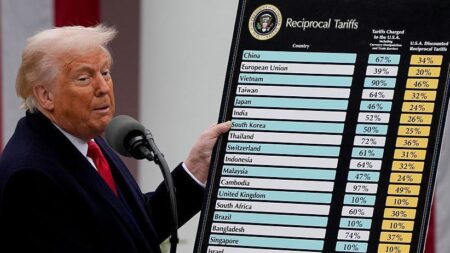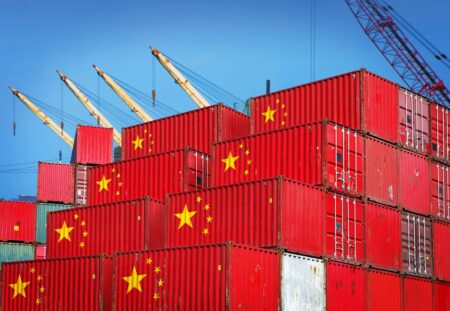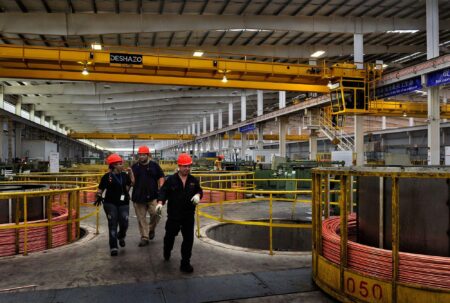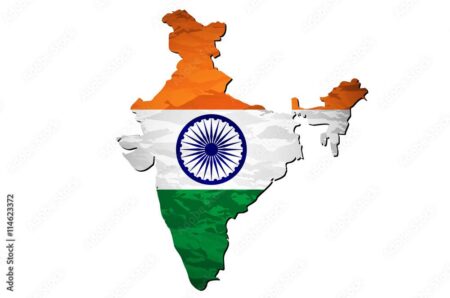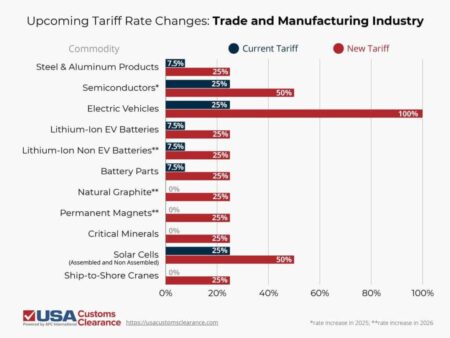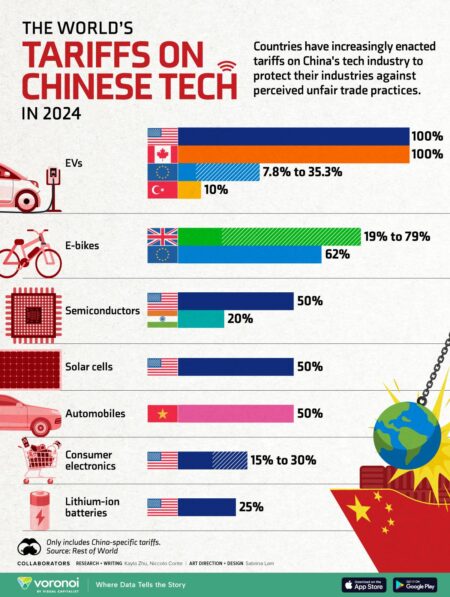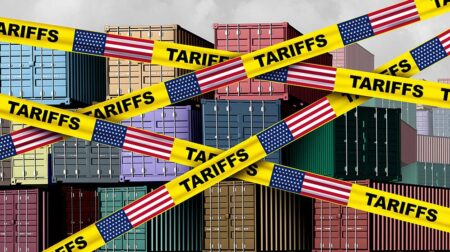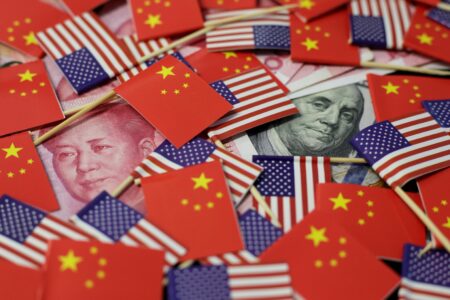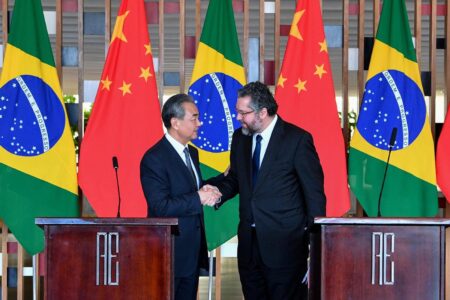India’s voracious demand for affordable steel is sending shockwaves through global markets, driving environmental harm and sparking critical labor concerns. As prices soar worldwide, the country faces mounting economic challenges alongside pressing ecological crises
Browsing: globalization
Factories worldwide are on the hunt for alternatives to China as soaring costs, supply chain challenges, and geopolitical tensions transform the manufacturing landscape. Companies are exploring fresh hubs, driven by a strong desire to diversify and fortify their production networks for a more resilient future
Germany soared during the first China Shock, leveraging its powerful manufacturing and export strengths to new heights. However, experts warn that the next wave of economic shifts driven by China’s rise could pose serious challenges to its industrial backbone
Brazil’s groundbreaking social programs and bold advances in renewable energy offer powerful lessons for tackling America’s toughest policy challenges. As both countries confront inequality and climate change, Brazil’s journey delivers fresh, timely insights that can inspire meaningful change
Trump-era tariffs on Chinese goods have ignited a remarkable surge in trade between China and the Global South, reshaping the global economic landscape like never before. Experts emphasize that this shift is challenging the long-standing dominance of Western-led trade dynamics
The China shock is sending shockwaves through Germany, as a flood of imports from China intensifies pressure on local industries, triggering job losses and tightening wages. A new CEPR report uncovers the deep economic and social impacts reverberating across Germany’s manufacturing heartland
India’s booming market is captivating Western fashion giants eager to leave their mark, but cultural missteps could ignite backlash. To succeed in this vibrant and diverse landscape, global retailers must expertly navigate local sensitivities and build genuine connections with Indian consumers
NPR’s Planet Money takes you on a captivating journey into how Chinese manufacturing reshaped Small Town, USA. Discover the unexpected ways global trade has transformed local economies, jobs, and the very fabric of community life
In a bold and thought-provoking analysis, a prominent strategist takes aim at the prevailing narrative that India is simply playing catch-up with Japan in economic performance. He asserts that India’s astonishing growth trajectory not only sets the stage for it to match Japan but also positions it to surpass its rival, fundamentally transforming global economic dynamics.
CNBC’s “Inside India” newsletter delves into the intriguing dynamics of the Make-in-India initiative. It reveals that although U.S. tariffs on China could open doors for India, a host of structural challenges and fierce competition from other countries might stand in the way of assured success.
As tariffs transform the global marketplace, Chinese consumers are embracing domestic brands over international giants like Apple. This exciting shift underscores a powerful trend in China, fueled by a spirit of nationalism and a surge in innovation that champions homegrown products
In a bold move driven by soaring tariffs and mounting financial challenges, a cherished rubber duck museum is making its way to Canada! This exciting relocation not only seeks to ensure the museum’s sustainability in the face of increasing operational costs in the U.S., but also sheds light on how trade policies are shaping the future of small businesses everywhere.
Even with tariffs slashed from a staggering 145%, small businesses caught in the whirlwind of US-China trade tensions are still grappling with formidable challenges. Experts caution that the persistent uncertainty and rising costs are putting immense pressure on their operations and pricing strategies.
Luckin Coffee is excited to unveil its “Brazil Coffee Culture Festival 2.0,” a vibrant celebration designed to strengthen the economic and cultural bonds between China and Brazil. This initiative not only highlights the rich heritage of Brazilian coffee but also fosters cross-cultural connections, paving the way for new market opportunities
Chinese parents are rethinking their focus on foreign degrees as the job market undergoes significant changes. An increasing number of them believe that a domestic education might provide more promising opportunities. This shift in perspective highlights a growing concern about the true value of overseas qualifications in today’s competitive landscape.
China has taken a bold step by imposing tariffs on plastic imports from the US, EU, Taiwan, and Japan, citing concerns over dumping practices. This move signals a dramatic escalation in trade tensions as Beijing seeks to safeguard its domestic industry amidst the backdrop of ongoing global trade disputes
In its quest for profit, Apple tapped into China’s immense labor market and cutting-edge manufacturing prowess. Yet, this partnership sparked unease as China gained insights into advanced technology and sensitive data, raising alarms about potential threats to global security and economic stability.
New tariffs aimed at revitalizing American manufacturing are unexpectedly pushing businesses to seek opportunities in Canada. Companies are highlighting the allure of lower production costs and more favorable trade conditions as major reasons for their move, posing a significant challenge to U.S. policy objectives.
Firms in Guangdong are breathing a sigh of relief following a recent ‘ceasefire’ in US-China trade tensions, sparking renewed optimism for stability. Yet, as geopolitical uncertainties linger, many are shifting their focus towards diversification strategies to safeguard against potential risks.
Brazil’s president is on a mission to forge powerful alliances with China, striving to create “indestructible” economic connections amidst the turbulence of the trade war sparked by Trump. This bold initiative marks a significant shift in focus towards Asia, as Brazil seeks stability and growth in an unpredictable global market.




